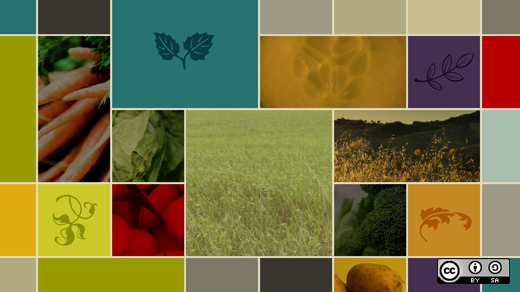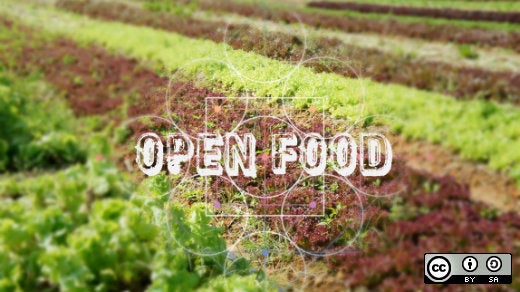As a society, we are far removed from our food sources and even further from understanding how they work. Most of us interact with the food system as unconscious consumers, wandering supermarket aisles or restaurant menus with little thought about where the food comes from, how it will affect us, or the consequences of how it was raised or produced. As such, we are in no position to make change for the better.
As it so happens, our food system desperately needs change for the better.
At Community Food Lab, we think critically and creatively about how this change can happen. As a hybrid design firm with a for-profit structure and strong social agenda, we give ourselves wide latitude looking for projects that can help make a better food system. We think local is great. We're big systems-thinkers. We know that to feed 9 billion people, we'll need all good ideas on the table. But most of all we believe that participation in the food system is the single most important indicator of change.
Participation in the food system is the opposite of unconscious consumerism.

Participation could be planting a tomato, shopping from a nearby farmstand, or canning a big batch of peaches at summer's end. Participation could be reading a nutrition label or asking a grocer where the apples come from. Participation could launching a food incubator program, opening your vacant lots to urban ag, or starting a new food business. It could be small or large.
At the end of 2013 we ran a successful Kickstarter campaign called OPEN FOOD. Our big idea? A booklet series also called OPEN FOOD, designed to promote participation in local and urban food systems. Small, easy to carry and easy to share, the booklets are meant to start conversations and spark ideas. Each booklet in the series introduces a different slice of local food, opening minds to the importance and possibility of becoming a part of your food system.
In this sense of open, our OPEN FOOD booklets open lots of information to lots of people, making the data and ideas and arguments accessible.
With clear presentation of local food information, we want our booklets to be tools for empowerment.
When city leaders learn that community gardens reduce crime, raise property values, and improve public health, we want those leaders to feel empowered to adjust policies to encourage community gardens.
When corporate campuses see how small farms, edible landscapes, and other site-based food strategies can improve the health, well-being, and sense of community within a corporate HQ, we want HR directors decide to make it happen.

When a community organization sees that the vacant lots in their blighted neighborhood could raise $50,000 per acre, create new jobs, and improve diets, we want the executive director to gain control of a few lots, enlist a team to train new farmers, and develop new economies for the neighborhood.

We ran the kickstarter campaign, and are slowly producing the booklets, because we want more people participating in local food and building a better, more self-aware and community-driven food system. We've got success stories. A Gainesville Fla composter is sharing the booklets with everyone he can. A Bay-Area landscape contractor is using the booklets to get clients on board with edible landscaping at schools. Our campaign linked us up with a Canadian urban design firm, and we're now collaborating on urban food issues in Calgary.
We've made two booklets and are close to finishing the third. We are always on the lookout for collaborators and supporters, imagining the booklets as a tool to build our own network and expertise. We are also looking for new avenues for sharing the booklets. Our website, social media, and a couple storefronts in Raleigh, North Carolina are a good place to start distribution, but our reach is still limited. We offer free pdf downloads through our website, and hope to increase that channel.
The OPEN FOOD booklet series is a tool towards participation, towards the rise of a re-engaged culture of food—not for foodies or locavores, but for everyone. Top to bottom. Inclusive and intentional. Building dialogue and engaging diverse voices is an important place to start, and we think that openness of information is a critical element in seeing the problems through.





Comments are closed.